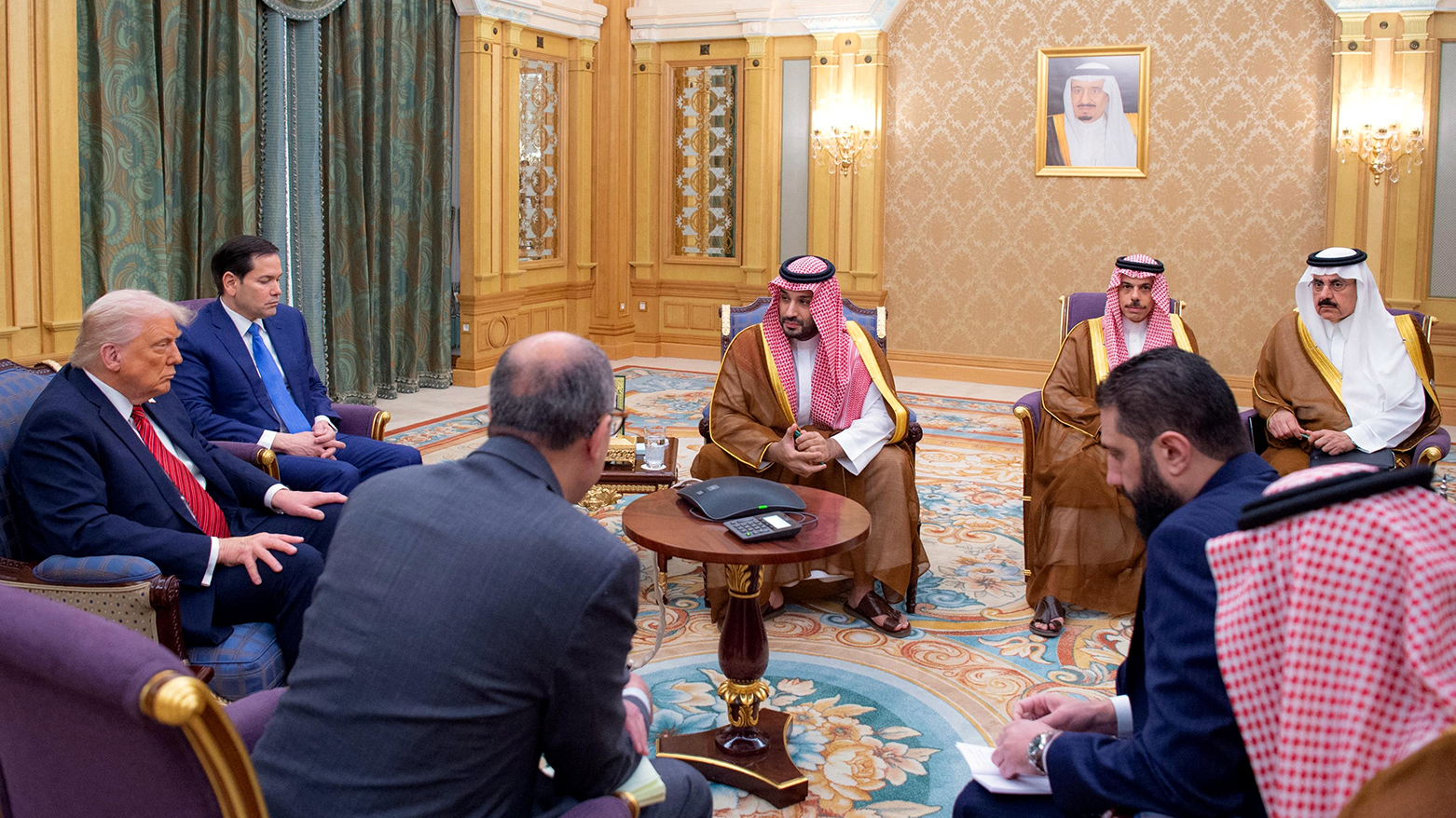Report: Israel Engaged in Secret Talks with Syria over Abraham Accords Integration
According to Israeli media reports on Thursday, a meeting took place recently in Azerbaijan, attended by Chief of the IDF, alongside senior officials from Syria’s new government and representatives from Turkey.

By Ahora Qadi
ERBIL (Kurdistan24) – Israel is reportedly holding covert negotiations with the new Syrian leadership on the possibility of Damascus joining the Abraham Accords, marking a significant potential shift in regional diplomacy following the fall of the Assad regime.
According to Israeli media reports on Thursday, a meeting took place recently in Azerbaijan, attended by Maj. Gen. Oded Basyuk, Chief of the IDF Operations Directorate, alongside senior officials from Syria’s new government and representatives from Turkey. The meeting is said to have been facilitated by the United Arab Emirates, with some reports also citing Qatari mediation.
Shifting Regional Calculations
The talks come one day after U.S. President Donald Trump urged Syria’s interim President Ahmad al-Sharaa to join the Abraham Accords during a landmark meeting in Riyadh—the first between American and Syrian leaders in over two decades.
Speaking aboard Air Force One, President Trump said, “I told [al-Sharaa], I hope you’re going to join [the Abraham Accords] once you’re straightened out, and he said yes. But they have a lot of work to do.”
Al-Sharaa, while confirming that indirect security-related discussions have taken place via mediators, has so far refrained from publicly commenting on the normalization proposal. However, officials familiar with the negotiations say the door is open for further dialogue.
Israel Reassessing Its Position on Syria
Israeli Channel 12 reported that Tel Aviv views Trump’s decision to lift long-standing U.S. sanctions on Syria as a constructive development, and has not ruled out recalibrating its policy on Damascus. The report also noted that Israel, which once designated al-Sharaa as a terrorist due to his former affiliation with extremist rebel factions, is now considering the geopolitical benefits of Syria potentially detaching from Iran’s sphere of influence.
This pivot, if realized, could represent a radical departure from Israel’s longstanding strategy of containment toward its northeastern neighbor.
A report by Haaretz added that talks have been underway for several months and are part of broader regional efforts to realign Syria under Western and Gulf influence. Analysts suggest that Israeli decision-makers now see an opportunity to shape the future of the northern border and explore long-term security and diplomatic arrangements.
A Balancing Act Amid Complex Alliances
The evolving Israeli position reflects broader international efforts to pull Syria out of Iran’s orbit. A recent London Times article reported that both Washington and key Gulf capitals are seeking to engage Syria economically and diplomatically, in hopes of reducing Tehran’s influence.
Turkey, meanwhile, maintains a strategic interest in post-war Syria and was reportedly represented in the Azerbaijan talks. Ankara supported factions aligned with al-Sharaa during the civil war and has established a significant military and political presence in northern Syria.
Despite earlier Israeli skepticism and opposition to swiftly recognizing Syria’s new leadership, momentum appears to be building behind the scenes. Channel 12 described the current diplomatic shift as unprecedented, noting that Israel now considers a decentralized and pragmatically aligned Syria to be in its national interest.
While direct normalization between Israel and Syria remains uncertain, diplomatic sources believe that any breakthrough could also contribute to improving strained Israeli-Turkish relations, both of which intersect with the Syrian theater.
Lingering Security Concerns
Israel continues to maintain a military posture inside Syria, particularly in the southwest near the Golan Heights. Israeli airstrikes targeting remnants of the Assad-era military infrastructure have persisted since the regime’s fall in December 2024.
Reuters previously reported that Israel has been lobbying Washington to maintain a decentralized governance model in Syria, particularly to protect the Druze population—many of whom reside in both Syria and northern Israel.